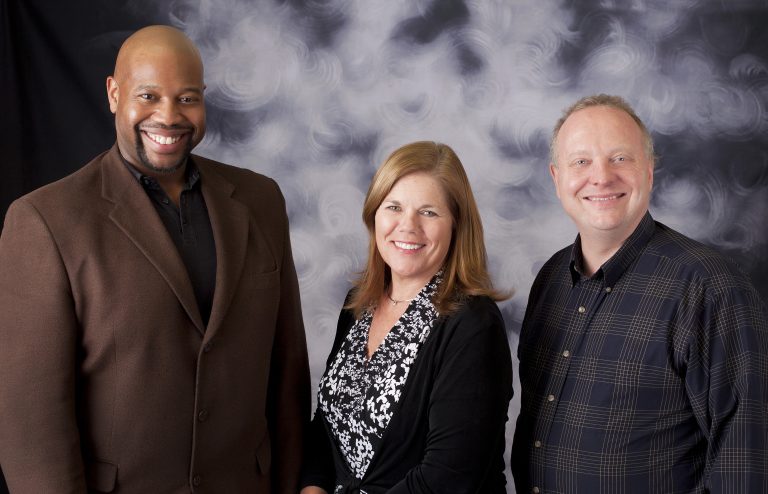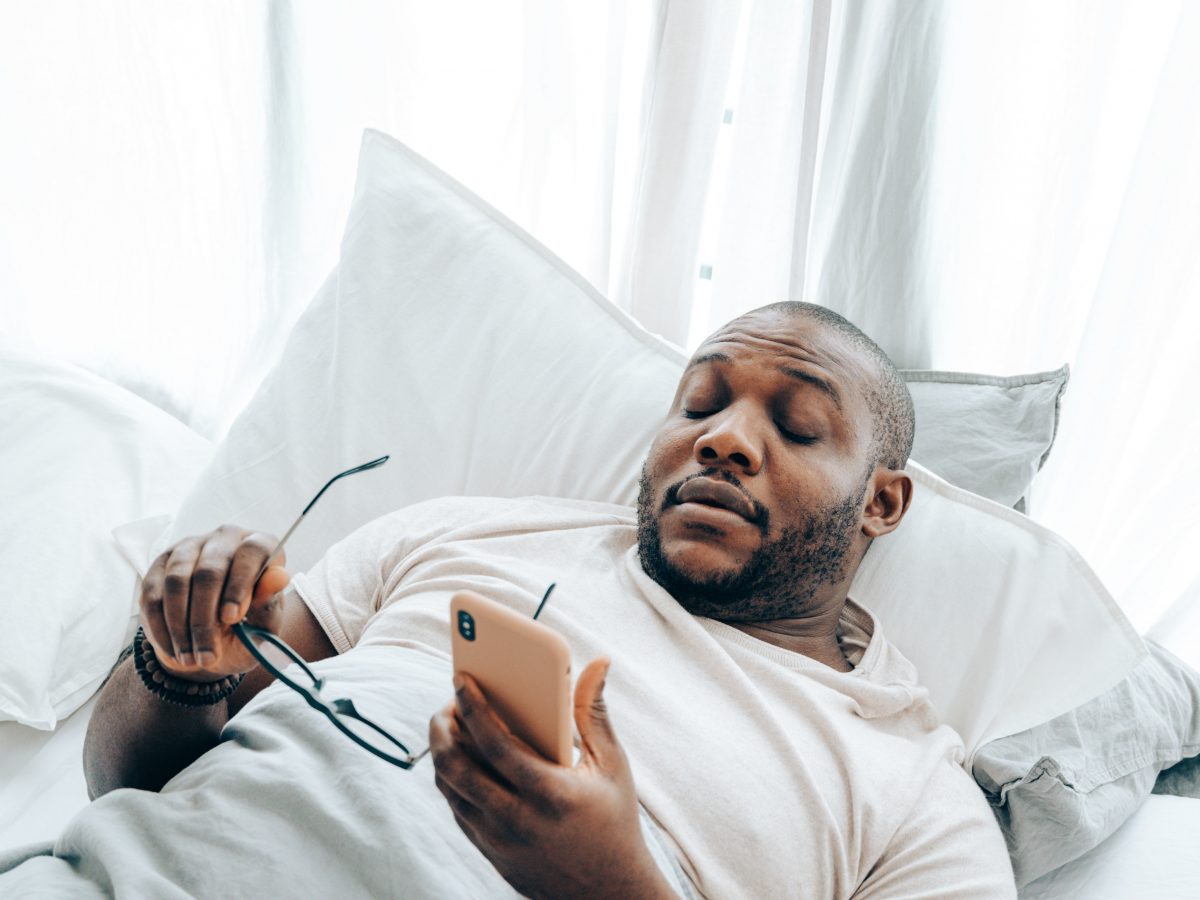Blog

By: Angela Letzner, LPCC-S
It is getting closer. That time of year when the daylight hours are shorter, the sun is less frequent, and the colder temperatures return. For some, this is a delight! For others, it is a challenging time of year both physically and mentally. Let’s dive into Seasonal Affective Disorder (SAD), learn more about it, and more importantly, ways to combat it.
Seasonal Affective Disorder (SAD) is a term used by a majority of people today. Professionally, this not the term used, instead it is Major Depressive Disorder with seasonal patterns. To be officially diagnosed takes time as the symptoms have to recur at beginning of “season” and end at the end of “season”. This must happen at least two years in a row for an official diagnosis in addition to meeting the other criteria of major depressive disorder. This criteria can include sadness, fatigue, social withdrawal, increased sleep, appetite changes, craving of carbs/sugar, irritability, and feelings of indifference, but is felt more frequently and strongly seasonally, and cannot be related to other changes that may occur seasonally like job loss.
SAD is not felt by all – people who love and embrace winter tend to not feel these symptoms. Part of this is because they look forward to the seasonal changes and stay active during the winter months. And some people are just more sensitive to environmental changes and the emotional impacts that can occur.
So, what to do for those that don’t love winter? First, do not fret! There are steps you can take, and starting early can help offset the intensity of symptoms. Some suggestions include light therapy, negative air ionization, increase vitamin d (please consult a physician before increasing), create patterns/routines and good sleep hygiene are a few ideas.
Light boxes are considered one of the more successful interventions for SAD. This is a box that emits levels of natural outdoor light and should be used first thing in the morning. Unfortunately, there are many cheap devices available on the internet that may not have been tested for therapeutic benefits. It is recommended to look at the Center for Environmental Therapeutics for devices that have been tested and proven to be effective.
Negative air ionization is a process where an electronic device emits electrons into the air. These electrons attach to oxygen molecules creating an environment that is found to be similar to seashores or rain forests. Short, daily sessions with this device have proven to decrease symptoms. Please note these devices can get pricey.
People often inquire about anti-depressants for SAD. They can be an effective tool in combating symptoms, but there are many other things that can be just as effective. Start planning for SAD in September. Create an exercise routine that is “winter manageable”. Be sure the exercise includes some cardio, some stretching and some resistance training, even if that means having days of different activities. Create consistent sleep patterns and good sleep hygiene – no phone activity an hour before bed, herbal tea, and a relaxing protocol as you get into bed.
Another tool can be working on adjusting your attitude towards winter. Narrow down and be more specific about what you don’t like. Even if part of it is the shorter days, are there ways you can feel you got more daylight time? Perhaps waking a few minutes earlier just to feel you got more daylight. Hate the gray? When that sun does peek out, get yourself outside for a few minutes and feel it. Hate the slush and mush after a storm? Get some good boots that will protect your feet and ankles from the elements. Hate the cold? Challenge yourself! Cold therapy is a real thing that helps people with physical and mental discomforts. Go for that walk in your local park in the winter. The peace and beauty you see may change your perspective. Even if your symptoms don’t meet criteria for a diagnosis, if you recognize feeling more down in the winter, you can take the steps outlined above to help.
You can take charge and beat the symptoms of SAD!
References
Related Posts
Founded in 2008, BHSOGC has delivered professional Psychology Services to the greater Cleveland area with offices in Medina and Rocky River. We are a multi-disciplinary group practice with a clinical staff of psychologists, licensed social workers and masters level therapists.




